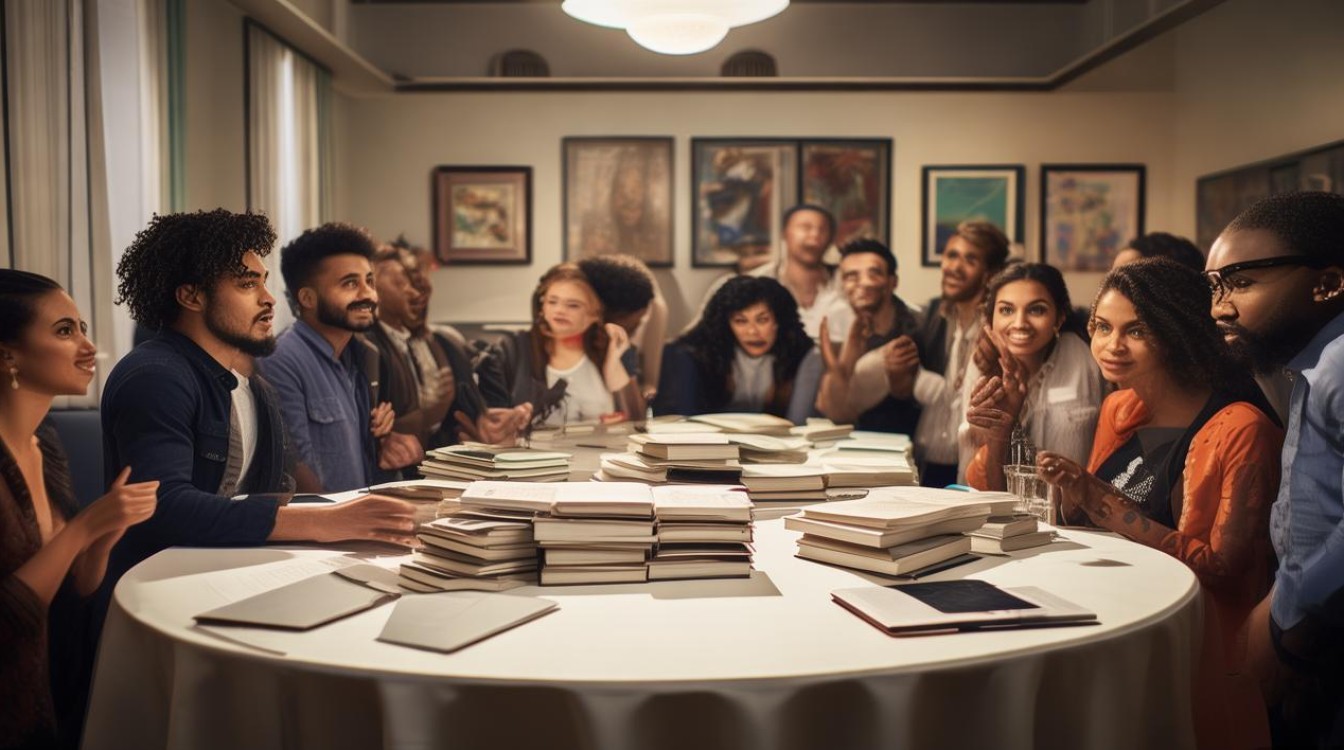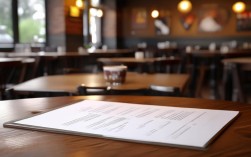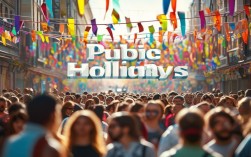Social Event in TOEFL Speaking: Strategies and Analysis
In the TOEFL Speaking section, the topic of "social event" frequently appears, particularly in Independent Speaking tasks (e.g., Task 1: "Describe a social event you enjoyed"). This topic tests candidates' ability to narrate personal experiences, express opinions, and structure coherent responses. Below, we explore key strategies, vocabulary, and sample structures to excel in this area.

Understanding the Task
When prompted to describe a social event, the TOEFL examiner evaluates:
- Clarity: Can you articulate the event details (who, what, when, where)?
- Organization: Is your response logically structured (e.g., introduction, body, conclusion)?
- Vocabulary: Do you use precise, topic-related words (e.g., "gathering," "celebration," "networking")?
- Grammar: Do you maintain accurate tense usage and complex sentences?
A strong response typically lasts 45 seconds (for Task 1) and includes:
- A clear thesis statement (e.g., "The most memorable social event I attended was my cousin’s wedding").
- 2-3 supporting details (e.g., decorations, activities, emotions).
- A brief conclusion (e.g., "It strengthened family bonds").
Vocabulary for Social Events
| Category | Examples |
|---|---|
| Event Types | Wedding, birthday party, reunion, conference, picnic, festival |
| Actions | Mingle, socialize, celebrate, network, participate, host |
| Descriptions | Lively, memorable, festive, intimate, chaotic, heartwarming |
| Emotions | Joyful, nostalgic, excited, overwhelmed, delighted |
Sample Response Structure
Introduction: State the event and its significance.
"Last summer, I attended a cultural festival in my city, which was a vibrant celebration of diversity."
Body 1: Describe the setting and activities.
"The festival took place in the park, with booths showcasing food, music, and traditional crafts from over 20 countries. I tried Japanese sushi and watched a Brazilian dance performance."
Body 2: Explain personal impact.
"What made it special was interacting with people from different backgrounds. I learned about Indian henna art and even joined a salsa workshop!"
Conclusion: Summarize the experience.
"It was eye-opening and reminded me of the beauty of cultural exchange."
Tips for Success
- Use Past Tense: Most events are described in the past (e.g., "I celebrated," "We enjoyed").
- Add Sensory Details: Mention smells (food), sounds (music), or sights (decorations) to make your response vivid.
- Keep It Concise: Avoid rambling; focus on 2-3 key points.
- Practice Timing: Record yourself to ensure responses fit within 45 seconds.
Common Mistakes to Avoid
- Vagueness: Instead of "It was fun," specify (e.g., "The live band and fireworks made it unforgettable").
- Grammar Errors: Double-check subject-verb agreement (e.g., "The guests were enjoying" not "was").
- Off-Topic Details: Stick to the prompt; avoid irrelevant anecdotes.
FAQs
Q1: How can I expand my response if I run out of ideas?
A1: Use the "5 Ws" method (Who, What, When, Where, Why) to brainstorm details. For example, if describing a birthday party:
- Who: Friends and family.
- What: Cake-cutting, gift-giving, games.
- When: Last Saturday evening.
- Where: My backyard with fairy lights.
- Why: To celebrate my sister’s 18th birthday.
This ensures a comprehensive answer without filler.
Q2: Is it better to describe a real or fictional event?
A2: Always choose a real event. Personal experiences allow for authentic emotions and specific details, which sound more convincing. Fictional stories risk sounding generic or implausible. If you lack real experiences, base your response on a common scenario (e.g., "a typical high school prom") but add unique twists.











